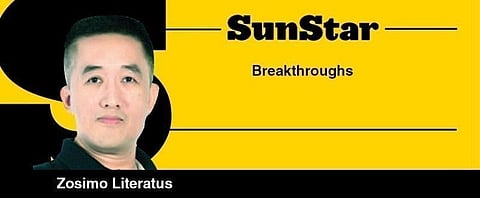

In this week of fact-checking the evidence presented in the documentary “Plandemic: Indoctornation,” we will proceed with the evidence of lapses in biosafety in research facilities that the U.S. federal government funded.
In the interview, David E. Martin, PhD of the IQ100 Index, pointed out historical biosafety lapses in NIH funded research institutions, particularly those handling the so-called “gain-of-function research.”
He cited a report from Jef Akst of The Scientist, published on Oct. 21, 2014. In that report, Akst mentioned “a handful of biosafety lapses at federal research facilities,” which appeared so serious that “the US government is temporarily halting funding for new studies.”
The gain-of-function research involves the manipulation of pathogens (e.g. bacteria, viruses etc.) to alter their capabilities or instill new capabilities, such as enabling avian flu virus (H5N1) to transmit by air instead of by physical contact. However, we cannot repeat this report here. You can simply read it yourself.
Martin implied that patented Sars-CoV-2 could be as susceptible to biosafety accidents as the pathogens reported in Akst’s article. We have verified that the Akst article exists and Martin’s concern was reasonable. The Sara Reardon article in Nature, which echoed Akst’s article and more, also exists, as verified.
Meanwhile, the Declan Butler article published on Nov. 12, 2015 in Nature can be verified existent. While Nature’s editor added a notice affirming animals as the “most likely source of the coronavirus” and not engineered, the article reported that the “researchers created a chimaeric virus,” which had “infected human airway cells.” Martin correctly pointed this out in the interview.
Martin linked these events to the NIH grant of $3.7 million to the Wuhan Institute of Virology, which Glenn Owen reported in the Daily Mail. A similar risk for engineering the Sars-CoV-19 threatened US researchers, the inference goes. Thus, the work must be shipped outside the country.
Several tried to debunk this report, but so far no one formally demanded from Daily Mail to recant the article. Matthew Brown and Kim Hjelmgaard of USA Today disputed the grant. However, they confirmed the grant of around $600,000 from the NIH supposedly, as “a fee for the collection and analysis of viral samples.” It is doubtful, though, if a “funding” is legally similar to a “fee.”
Regardless, it is verified that the Owen article exists.